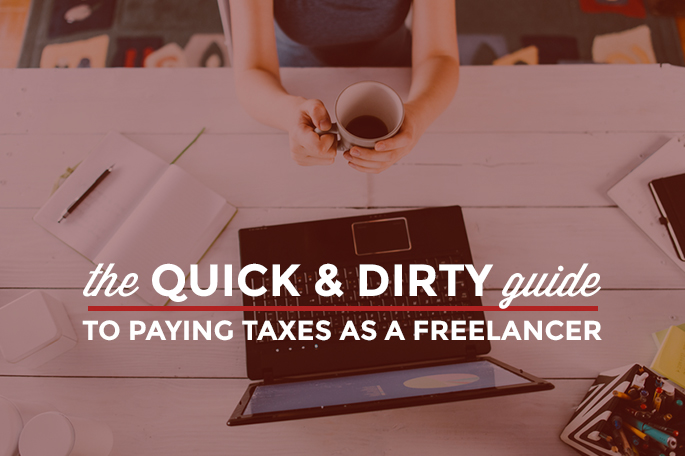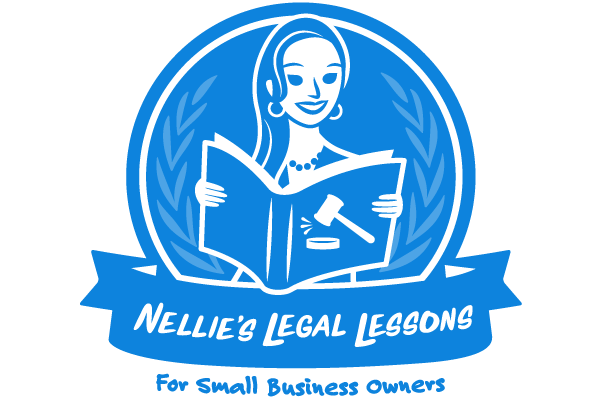 Image Source: Picserver
Image Source: Picserver
It’s almost the new year, and that means tax season is going to be upon us much sooner than a lot of people would like! As a business owner, this is just one of the many legal and administrative headaches that you’re going to have to deal with if you want your venture to stay afloat. Though a lot of entrepreneurs will hire accountants or outsource their taxes, they can still be a real hassle to crunch through every year. Here are some of the most important things every business owner should know about their taxes.
Keeping Records Matters
Disorganized or incomplete records are among the biggest issues that accountants are called in to deal with when it comes to start-ups. Rather than keeping strictly organized books, or even better using reputable accounting software to organize their taxes, business owners get into the habit of simply stuffing all their receipts, invoices and statements into a haphazard stack of file folders, and then have to sort through them all when tax season rolls around. Using a dependable system for keeping records is one of the most basic, and yet important steps that business owners need to take. This will ease the process of filing tax returns, and eliminate the risk of various expensive errors.

14 Things You Need to Know About Paying Taxes as a Freelancer
The Difference Between Freelancers and Employees
Like countless other small businesses, yours might employ a number of freelancers alongside its full-time staff. When this is the case, you need to ensure that the freelancers you hire are completely independent, and aren’t being classified as employees. You might have started taking on freelancers in the first place because you didn’t want to deal with obligations like Medicare taxes, social security or providing healthcare insurance. However, the law states that freelancers can’t be treated as employees in terms of how much they actually work and how much control the boss has over their professional lives. If you’re keeping freelancers on the payroll who should really be classified as employees, or vice versa, then you may find yourself having to run to a tax attorney!

Are You Being Hired as an Employee or a Freelancer?
Home Office and Travel Deductions
Perhaps you’ve gone the way of a lot of modern entrepreneurs, and you’re running your business from a home office. Tax deductions for using a part of your home as an office has been a bit of a grey area for some time now. Basically, if you’re just using a desk in the corner of a bedroom or living room, then you’re not going to be able to claim a deduction. For tax purposes, home offices need to be a separate space, used solely for professional purposes. Another big point to consider for small business owners is the use of their car. The government recognizes the fact that a lot of small business owners use their car for both personal and business use. However, to get all the deductions you have coming to you, you have to keep a diary of the amount of miles that you drive for business each day, and use these records to calculate the deduction.

The (Almost) Ultimate Guide to Self-Employed Expenses and Tax Deductions




